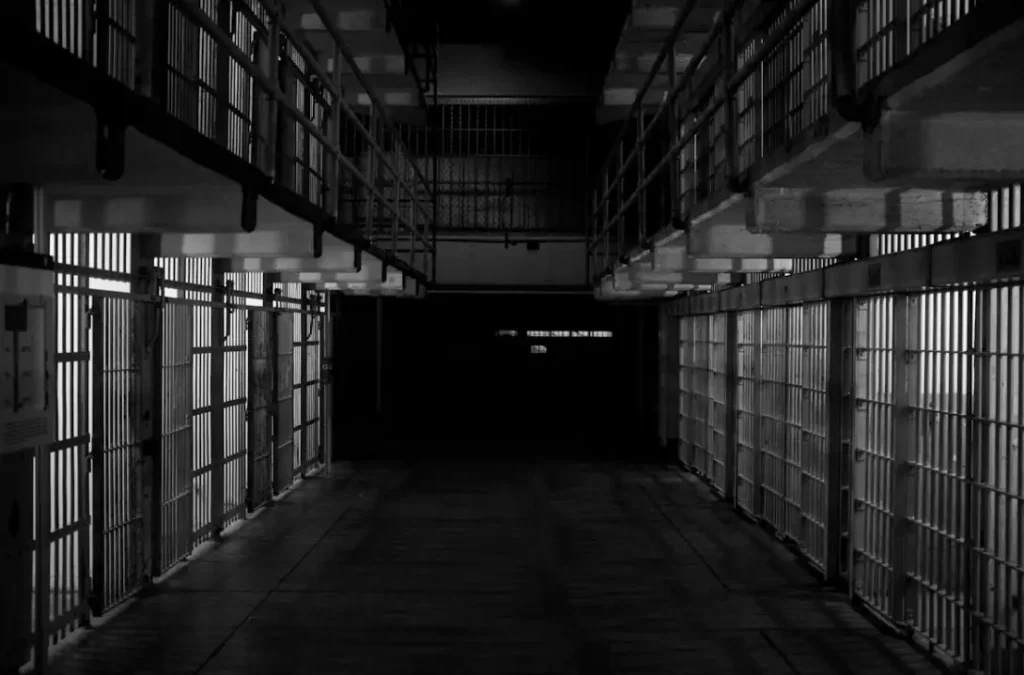“Prisoners” Review: What Would You Do?

What Would You Do?
Let’s get one thing straight: Prisoners isn’t just a thriller. It’s a slow-burning, anxiety-laced descent into the darkest corners of fear, grief, and desperation. No surprise then that it’s sitting at a solid 81% on Rotten Tomatoes—critics and audiences alike felt the sting.
It starts on what should be a warm, ordinary Thanksgiving in a quiet town. Two little girls vanish. Just like that. And from the moment they disappear, the film grips you by the throat and doesn’t let go.
We follow two men spiraling in very different ways—Keller Dover (Hugh Jackman), a father consumed by panic and fury, and Detective Loki (Jake Gyllenhaal), the calm, intense cop trying to untangle the truth. Their paths cross, clash, and sometimes seem to run parallel in a story that keeps you guessing and quietly wrecked the whole way through.
There’s tension in every corner, but this isn’t cheap jump-scare territory. It’s the kind of dread that creeps under your skin and lingers. And it’s not just about finding the girls—it’s about what the search does to the people involved. The cracks it exposes. The lines it dares them to cross.
Justice or Revenge?
At the heart of Prisoners is a tough, uncomfortable question: how far would you go to protect someone you love? And what if, in trying to save them, you lose yourself along the way?
Keller’s path turns brutal. Convinced he’s found the man responsible, he locks him up. Beats him. Tortures him. It’s raw. Ugly. Hard to watch. But the film doesn’t paint him as a monster—it shows you how a terrified father might justify crossing the line. And then it asks if that line ever really existed in the first place.
Meanwhile, Loki moves steadily, obsessively, piecing things together with sharp instincts and subtle rage. Where Keller is all fire and instinct, Loki is methodical.
The contrast between the two is where the film’s moral tension lives. You’re stuck in the gray, wondering what you’d do in Keller’s shoes, and hating the fact that you kind of get it.
The Mazes We Get Stuck In
There’s another layer here—quiet, but powerful. Prisoners isn’t just about physical captivity. It’s about the emotional cages people live in. Grief, guilt, fear… even the stories you tell yourself to survive.
Keller wants to believe he’s doing the right thing. He tells himself it’s for his daughter. But the truth? He’s lost in his own maze—of pain, of pride, of a righteousness that turns cruel.
The imagery of mazes isn’t just clever—it’s crushing. Everyone’s stuck, wandering through their own dark corridors, trying to find something—anything—that feels like truth or redemption.
Why It Sticks With You
So why does this movie hit so hard? It’s not just the mystery, though that part is tight and unsettling. It’s the emotional weight. The murky questions. The moral rot slowly seeping in.
Prisoners doesn’t give you neat closure. It sits with you, unsettled and unresolved. And maybe that’s the point. Some choices don’t just end. They echo.
A Personal Reflection
Prisoners isn’t just about whether the girls get found. That’s not the real tension. The real tension lives in the choices people make when they’re desperate. Here’s the part that really messed with me: I didn’t know who to root for. I mean, I thought I did. But then someone would make a choice, and I’d pause—wait, is this still the “good guy”? It’s one of those rare films that doesn’t hand you moral clarity.
By the end, I just sat there. Didn’t move. Didn’t grab my phone. Just… sat. The final scene is quiet, but it lingers.
Prisoners isn’t fun in the traditional sense. But it’s powerful. Unsettling. It leaves you questioning things you maybe didn’t want to question.
Watch it if you’re okay with moral murk. Skip it if you’re looking for closure tied up in a neat little bow. This film doesn’t do neat. It does real. And sometimes, real hurts.
Movies That Live in the Gray and Refuse to Let You Go
If you’re looking for more movies that live in that same gray, unsettling space—where people make impossible choices, and you’re left unsure who’s right or wrong—here are three that’ll hit in a similar way. They’re different, sure, but they’ve got that same cold grip. And honestly? They’re worth every minute.
1. The Lives of Others (2006)
East Berlin. Cold War. Paranoia everywhere. This one unspools slow, but it cuts deep—it’s about spying, control, and those rare, quiet choices that make someone human again.
It’s not as violent or overtly intense as Prisoners, but emotionally, it wrecks you. Because it’s about people stuck in systems bigger than them, trying to do what feels right when no one’s really watching.
2. Gone Baby Gone (2007)
This one shares the same missing-child premise, but the real punch comes from the moral mess it throws you into. Casey Affleck plays a private investigator trying to solve the case, and the deeper he digs, the uglier things get. And then—right when you think you’ve got it all figured out—it asks the question. You’ll know it when you hear it.
3. Wind River (2017)
This one hits cold—literally and emotionally. Set in the icy isolation of a Wyoming reservation, it’s about a young woman found dead in the snow, and the brutal search for truth that follows. Jeremy Renner and Elizabeth Olsen are both great, but it’s the atmosphere that really carries it—lonely, raw, and full of quiet pain.
Like Prisoners, it deals with grief and justice. And again, you’re left wondering: is doing the right thing always right, or just necessary?